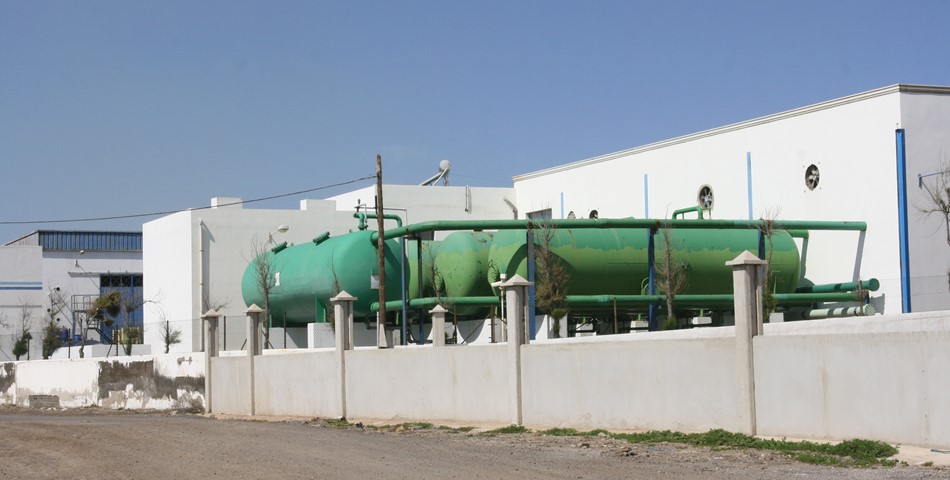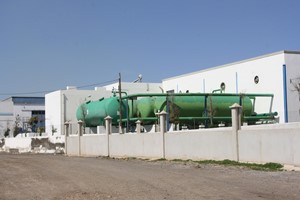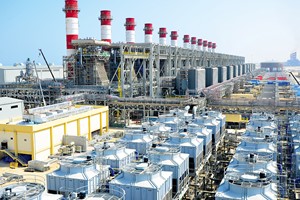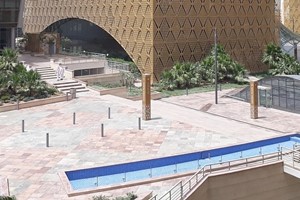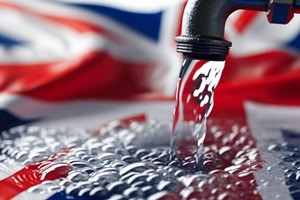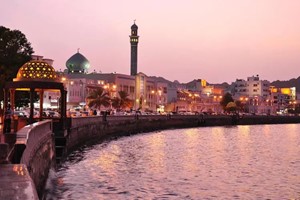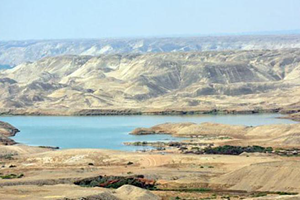The process to separate salt and other minerals from the sources including sea, brackish, and river are carried out by desalination equipment. Its primary components compromise of valves, actuated valves, energy recovery unit, pumps, connecting hoses, filtration unit, and separators. The global water desalination equipment market size was estimated at USD11.58 billion in 2016 and is anticipated to grow at a CAGR of 9.1 percent over the next eight years. Increasing water concerns and usages of aqua resources by rising population is expected to drive the market over the forecast period according to Grand View Research.
The growth of the market for desalination reflects the fact that coastal communities are increasingly turning to the sea to meet their drinking water needs, while inland there is a tendency for groundwater to become increasingly brackish over time. Around 60 percent of desalination capacity treats seawater; the remainder treats brackish and less saline feed water. The largest thermal desalination plant in the world is the 880,000m3/d Shoaiba 3 desalination plant in Saudi Arabia, the largest desalination plant in the world by the 1,025,000m3/d Ras Al Khair project in Saudi Arabia, which uses both membrane and thermal technology according to Global Water Intel.


Saudi Arabia plans to build 9 water desalination plants on the Red Sea coastal city of Jeddah, at a total cost of more than USD0.53 billion, said Abdulrahman Alfadley, Minister of Environment, Water and Agriculture. “This year, we achieved a record with the addition of 1.4 million cubic meters of desalinated water in 13 months, which is almost equivalent to the construction of a new desalination plant worth USD3.47 billion, without any additional capital costs.” The minister tweeted that the project to build the plants was ordered by King Salman and Crown Prince Mohammed bin Salman.


The plants will have a total capacity of 240,000 cubic meters of water per day. The news of the plans came as Saline Water Conversion Corp (SWCC) said it had achieved a historical record in desalination technology that helped increase the production of desalinated water to 5 million cubic meters per day, a global record for the desalination industry. Crown Prince Mohammed bin Salman thanked SWCC for the achievements, as he paid a visit to a desalination plant in Jeddah on Wednesday.
“Increasing the production of desalinated water from 3.5 to 5 million cubic meters per day is a great achievement for Saudi Arabia,” the crown prince said during his tour at the plant. In 2011, the volume of water supplied by the country's 27 desalination plants in 17 locations was 3.3 million m3/day (1.2 billion m3/year). Alfadley said the new plants, to be completed in less than 18 months, will boost production efficiency and cut operating costs for the SWCC, a government corporation.
These plants “will have a significant impact on improving the quality and scope of water services, in pursuit of the objectives of the National Transition Program 2020,” he said. “This year, we achieved a record with the addition of 1.4 million cubic meters of desalinated water in 13 months, which is almost equivalent to the construction of a new desalination plant worth USD3.47 billion, without any additional capital costs.” Water security is a key challenge for Saudi Arabia, which has invested heavily in seawater desalination, making the Kingdom the world’s largest producer of desalinated water currently. SWCC Governor Ali bin Abdul Rahman Al-Hazmi said that all stations were working at full capacity “according to methodological and scientific foundations” to ensure employee and equipment safety.



